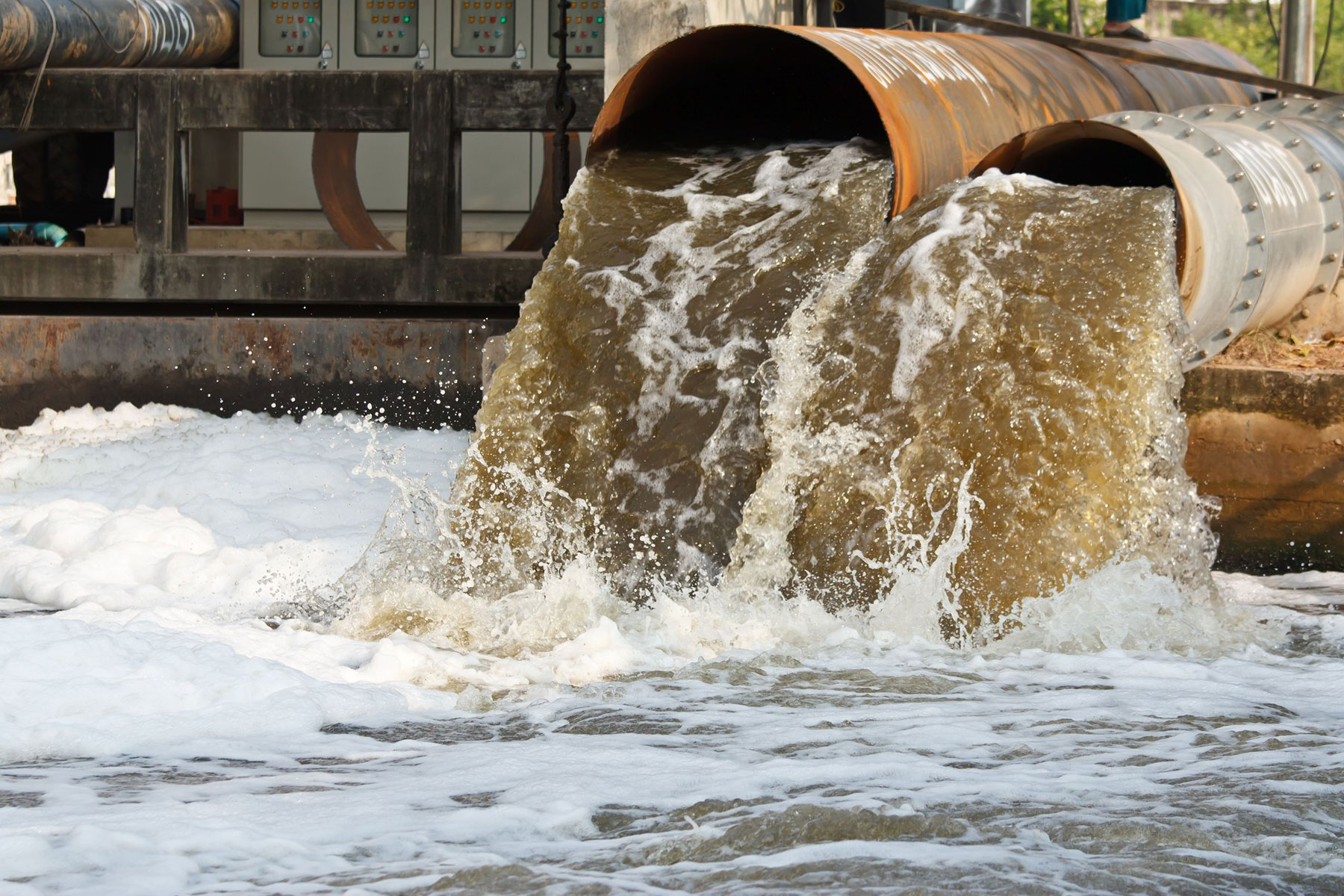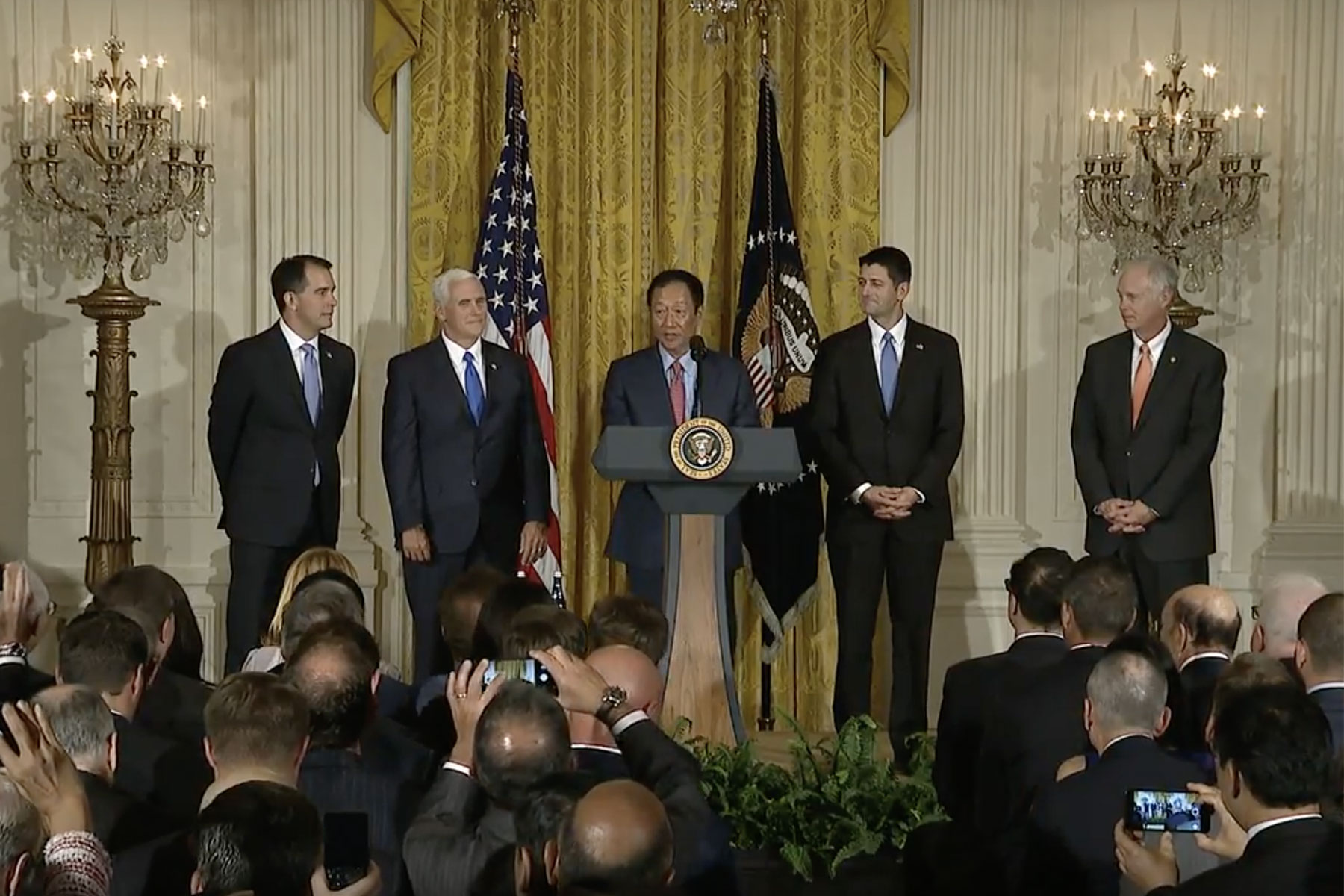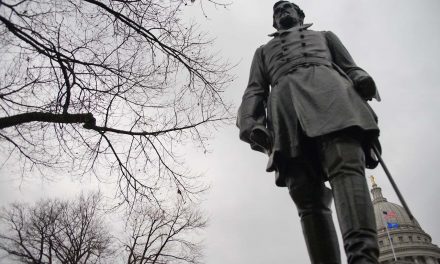
In a short-sighted rush to give away Wisconsin’s resources to a multi-national corporation, state legislators are pushing to pass a bill to exempt the Foxconn manufacturing company from state environmental protection laws.
Foxconn’s proposed 1,000-acre site is a major project that could have significant wetland and waterway impacts. The full scale of this exemption will depend on where the project will be located. But if this law passes, any wetland or waterway impacts wouldn’t be regulated under state environmental protection law. And any wetlands that are not under federal jurisdiction – Waters of the US – would be entirely exempt from regulation.
“In the rush to pass this legislation, cutting a deal with Foxconn means cutting corners on environmental protections and cutting the public out of government transparency,” said Midwest Environmental Advocates Staff Attorney Sarah Geers. “Legislators may be touting this agreement as one of our state’s biggest economic development deals, but giving away the public’s fresh water resources is different than offering tax breaks or other economic incentives. A project this big needs just as much environmental as economic accountability.”
The fast-tracked Foxconn bill includes two main environmental exemptions:
- Exempts the Foxconn manufacturing project from the Wisconsin Environmental Policy Act’s requirement that the Wisconsin Department of Natural Resources prepare an Environmental Impact Statement for major actions that might have a significant environmental impact.
- Exempts the Foxconn development from state regulatory requirements for filling wetlands and waterways.
Environmental Impact Statements are a decision-making tool that discloses the full scale and scope of potential environmental impacts from a proposed project. The EIS gives both the state agency and the public a holistic view of all environmental consequences. Without an EIS, it is more difficult for Wisconsin to prevent pollution impacts to our air, plentiful fresh water supplies, protective wetlands and clean waterways, and we lose an important tool for government transparency.
“Our Department of Natural Resources is already understaffed and underfunded. A project of this size needs more environmental scrutiny, not less,” said Geers. “When the legislature takes away the DNR’s power to act as trustee of our resources, it will fall on citizens to watchdog the permitting process.”















